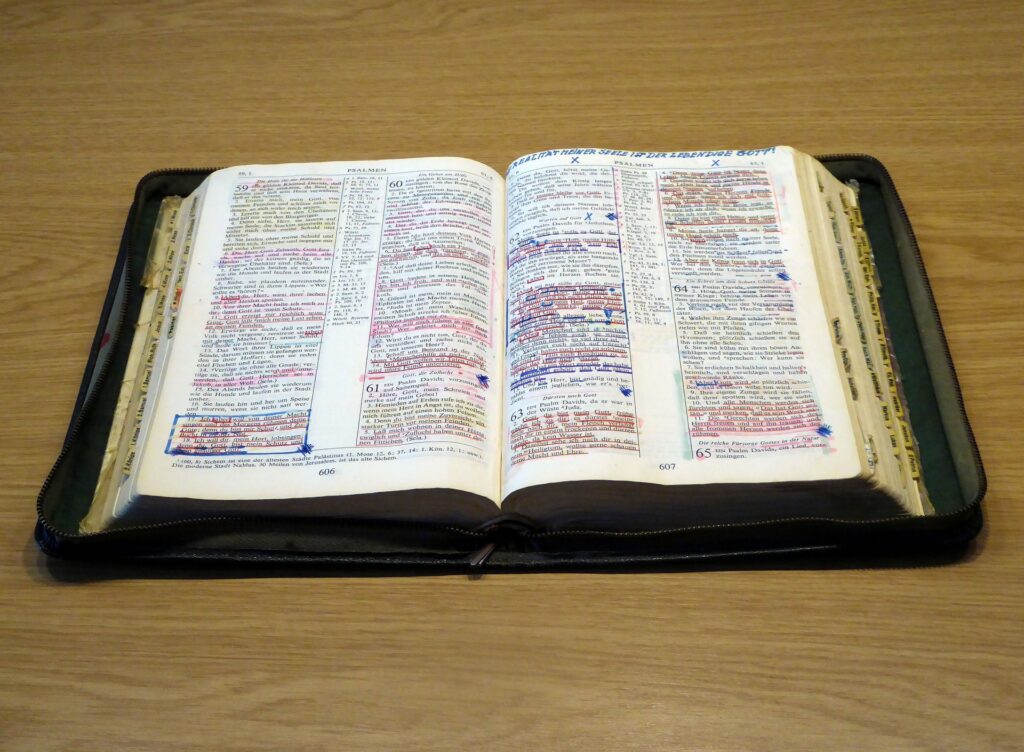
Jesus Heals a Blind Man (John 9:1-18)
When the disciples asked who had sinned to cause the blind man to be born without sight, Jesus answered, “It was not that this man sinned, or his parents, but that the works of God might be displayed in him.” Did Jesus say that God caused this man to be born blind? How can someone today who has a physical infirmity allow “the works of God [to] be displayed in him?”
According to Jesus, “night is coming, when no one can work.” What is that night? How do we work during the day?
Why would Jesus spit on the ground and make clay? On other occasions, He applied saliva directly to soon-to-be-healed individuals – Mark 7:33; Mark 8:23. What might this act teach us about Jesus?
Why did Jesus have the blind man go wash in the pool of Siloam?
When they saw that this man had been healed, some people had a hard time believing that he was the same man (“Others said, ‘No, but he is like him.’”). Why would they have a hard time believing?
How much does this formerly blind man seem to know about Jesus? Notice verse 11. What could this say about modern day “faith healers?”
The Pharisees said, “This man is not from God, for he does not keep the Sabbath.”
Others seemed to believe in Jesus and say, “How can a man who is a sinner do such signs?” Where there times that sinners could do great and marvelous signs? When? What might we be able to learn from such examples?
The Jews did not believe that this man had been born blind until they called the man’s parents. Why was it hard to believe this man was born blind? Would the miracle have been easier if this man had become blind after his birth?





